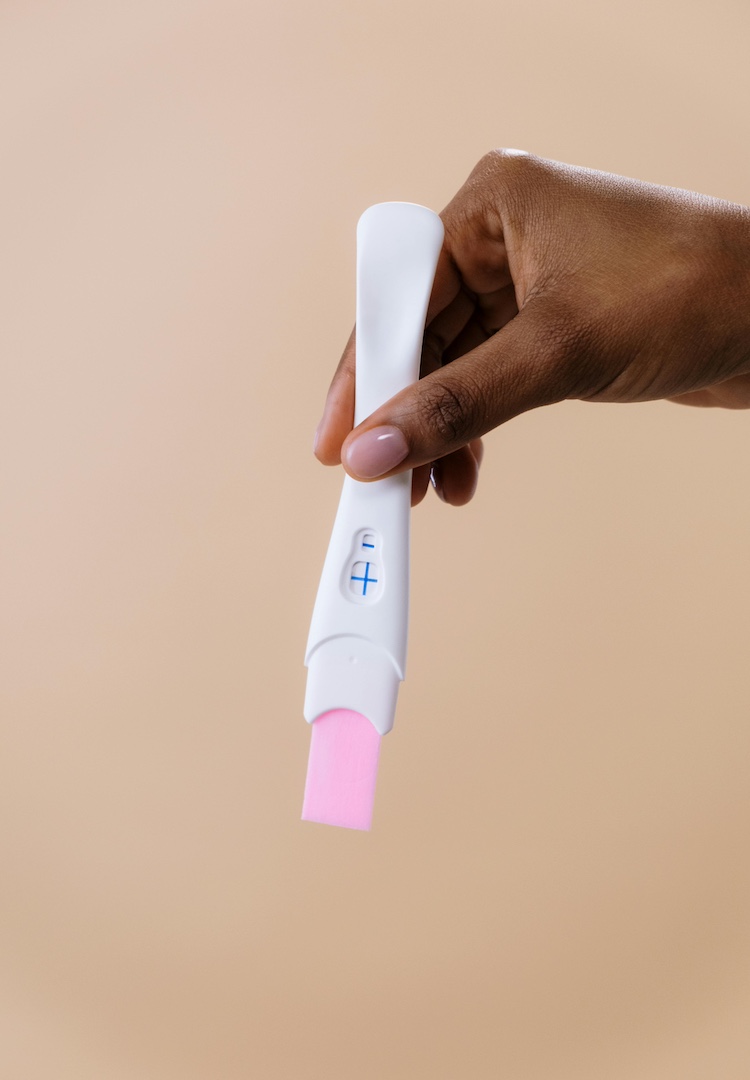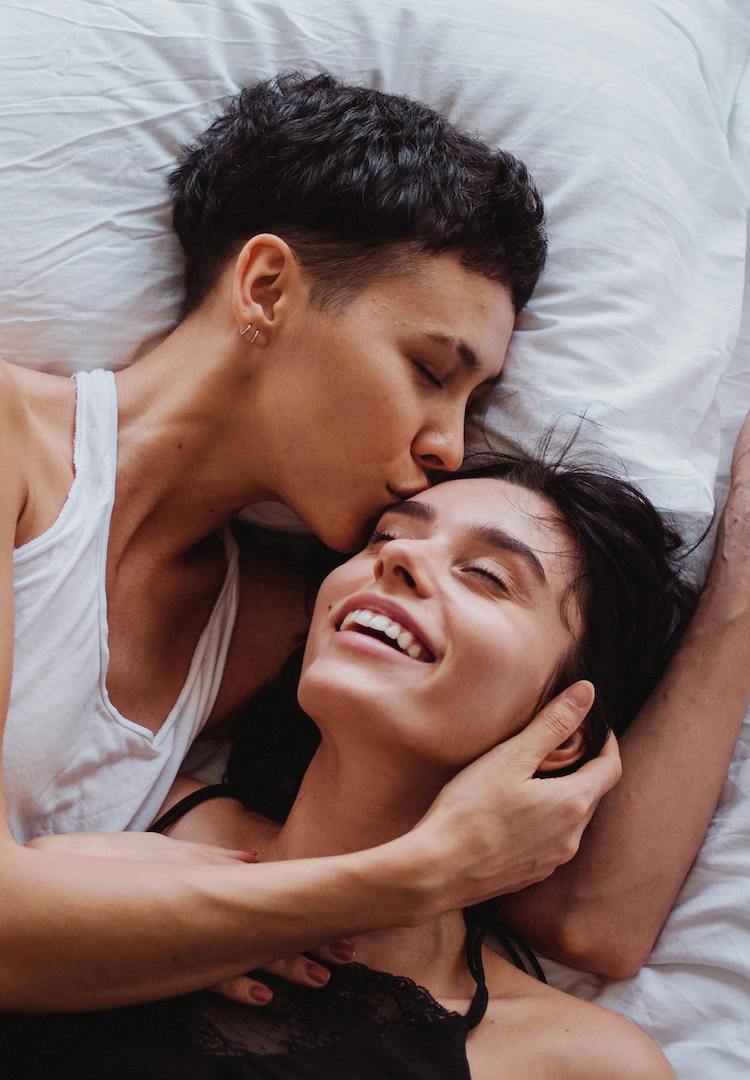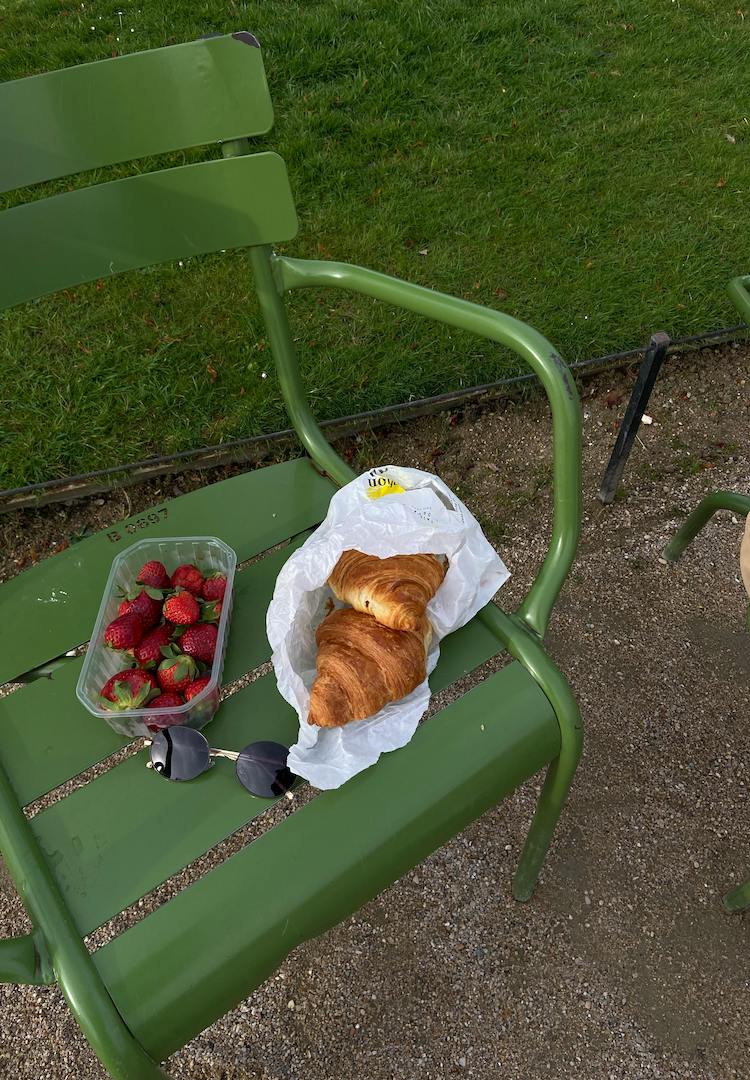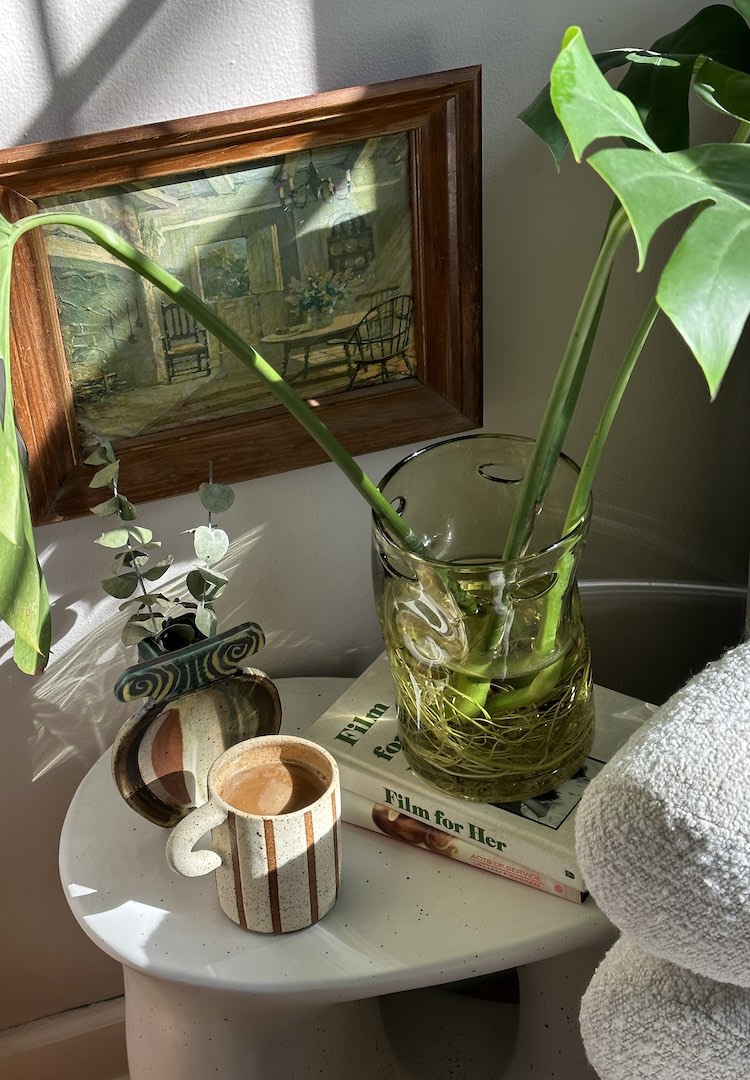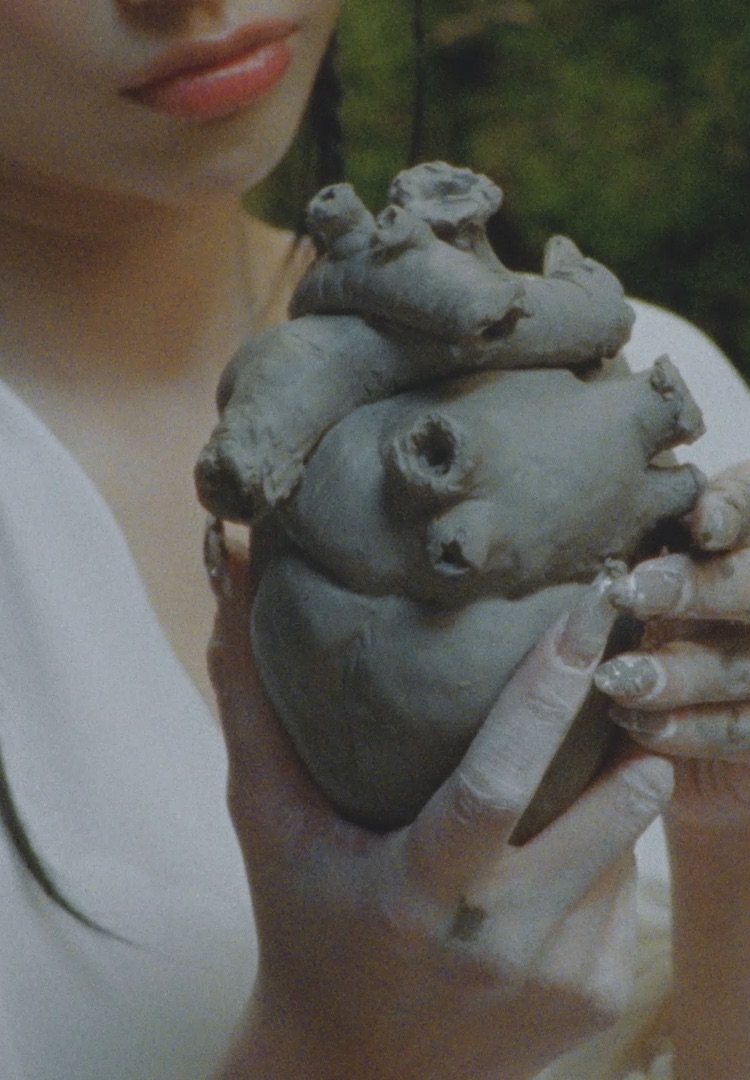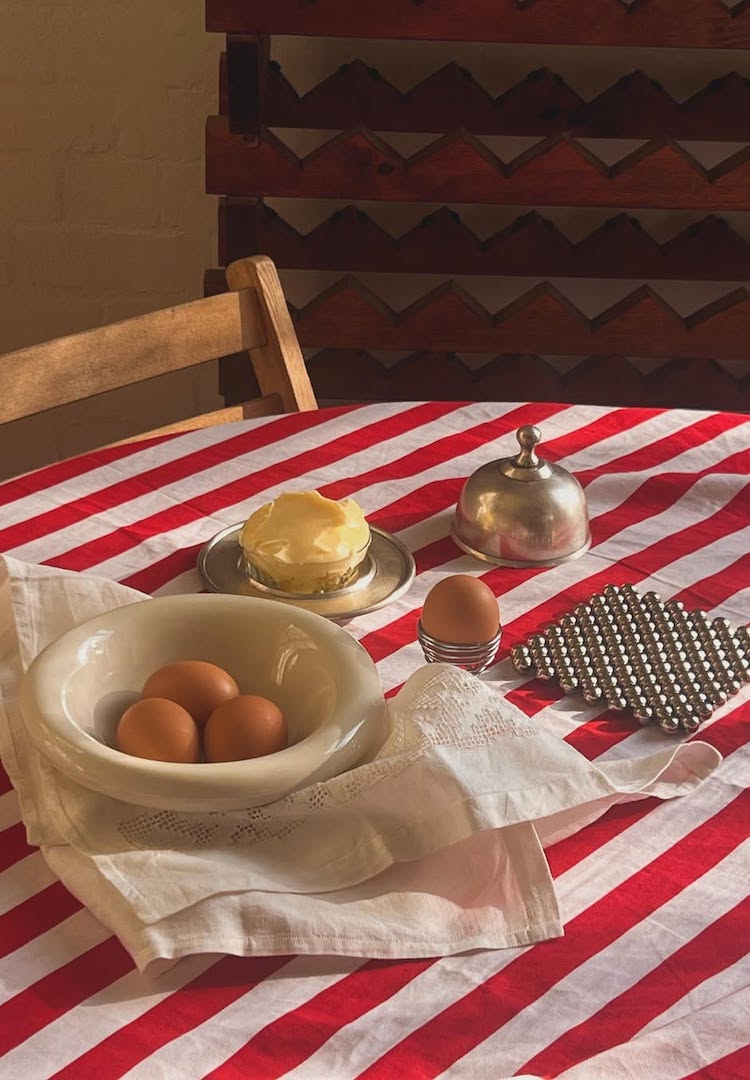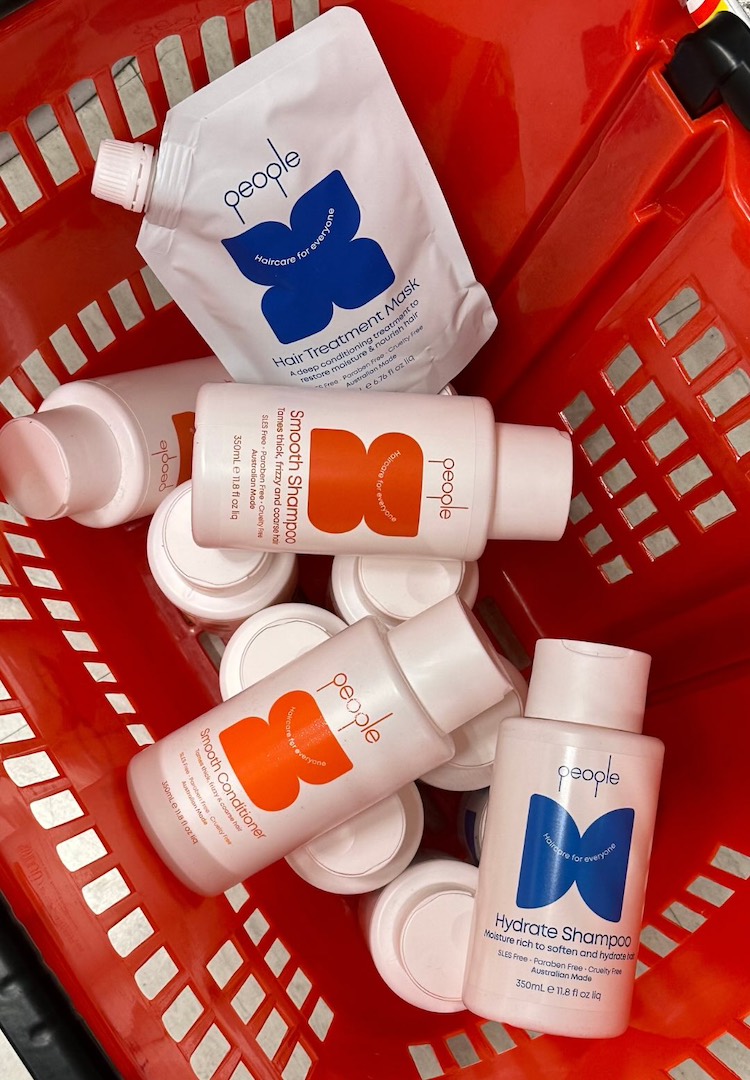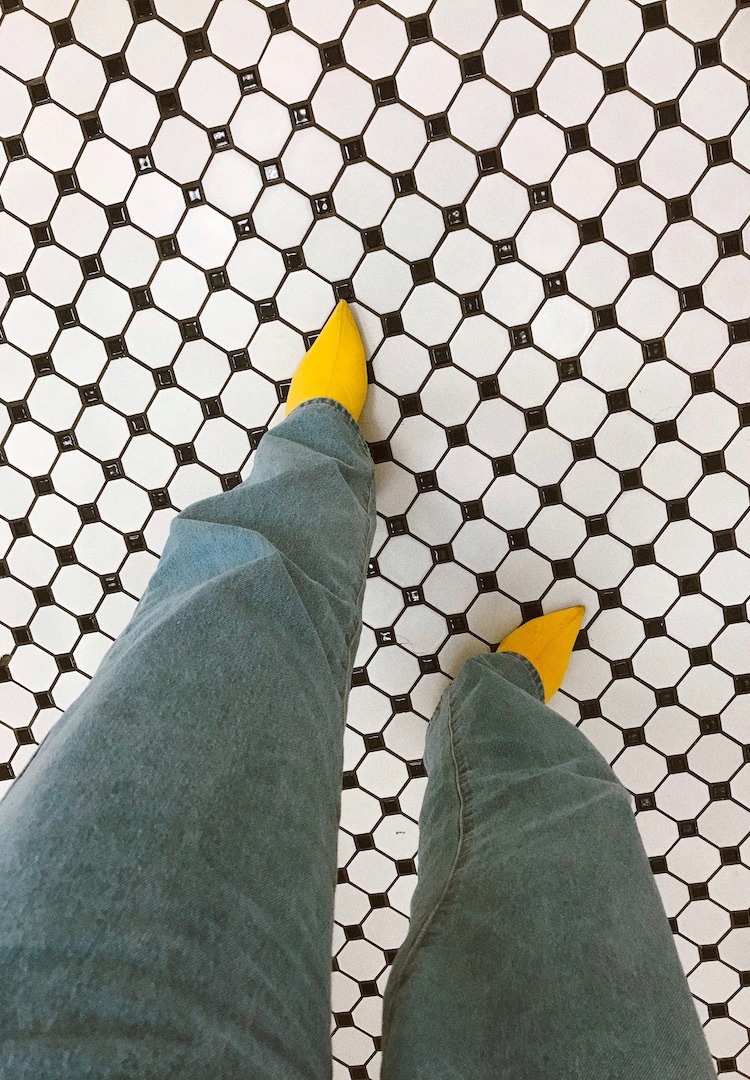Is Australia heading towards a baby recession?
WORDS BY LAURA HENSHAW
“The number of children we choose to have or not have should be – and is – entirely our choice.”
Fifty-four per cent of 18-35 year olds are delaying having children. I’m part of this majority – I’m nearly 32 and I definitely don’t feel ready to be a mum. ‘Do I want kids?’ is a question that is close to my heart right now, but in a pro-natal society, it feels like a taboo topic to voice.
Having children is possibly one of life’s biggest sliding-door moments. But if you’re not born with that ‘maternal calling’ (like me), how do you know if it’s the right path for you? I had so many questions and couldn’t find the answers anywhere, so I started searching for advice to help me make this decision.
Interested to hear how others navigate the world? Head to our Life section.
When I initially opened up about my fears of becoming a mum, I was inundated with messages from women who could relate. Why is it that so many of us share this experience, yet we all feel isolated in this thought process?
From then on, I was determined to create a safe space for this conversation, so the Kicpod ‘Do I Want Kids?‘ podcast mini-series was born. I wanted to build a judgement-free platform to ask the questions many of us feel we can’t ask but are so important in shaping our decisions.
When researching for the series, I spoke with over 1,000 women about their thoughts on motherhood. What I found was a mix of uncertainty, fear and practical concerns that are influencing decisions to delay or even reconsider having children.
For me, it’s the thought of losing myself that scares me the most – which, it turns out, many women relate to. We share fears of losing our identities, our careers and even our relationships.
The pressure to balance work and family life is real and the societal expectations placed on mothers can make it feel like an impossible task. We fear that becoming a mother means sacrificing the things we’ve worked our arses off to build, the lifestyles we love and the freedom to put ourselves first.
Deciding whether or not to have children is a complex and personal decision, yet one common concern that stood out during this research was the cost of living. With rising house prices, stagnant wages and increasing everyday expenses, having the funds to care for another human seems unattainable for so many.
Data by KPMG recently revealed that the birth rate across Australia fell by 4.6 per cent over the last year, making the 2023 birth rate the lowest it has been since 2006. It raises the question, is Australia in a baby recession?
In an article from ABC News, journalists Oliver Gordon and Georgia Roberts write that the country’s birth rate is currently at 1.6 percent (registered births per woman and non-binary people) below the replacement rate level of 2.1 needed to keep population growth steady and offset the ageing population.
The decline has sparked conversations around what the government ‘should’ or ‘could’ do to encourage Australians to have more children. The word ‘encourage’ in this context gives me the ick. The number of children we choose to have or not have should be – and is – entirely our choice. Encouraging people to have more children is a lot of pressure. Financially and emotionally, children are a major commitment.
Australians are reflecting on the ‘baby bonus’ that was introduced in 2002, when our population hit its lowest birth rate ever recorded (1.7 per cent) and when people were paid up to $5000 by the government for having a baby. Although this one lump sum would make a significant impact on the early days of parenthood, it’s not enough.
The financial fear lies within the long-term factors, like the inability to access affordable rental properties, or the Australian dream of owning your family home. There are calls to look at the bigger picture, with more affordable childcare and improved parental leave payments to alleviate the financial stress facing young families.
While Australia might be facing a baby recession, the reasons behind it are understandable. We’re privileged to live in a country where we have agency over our bodies. Whether we decide to have children or not is entirely up to us.
For anyone who resonates reading this, my heart goes out to you. The uncertainty can feel incredibly isolating and somewhat shameful when it absolutely should not be that way. Together, let’s speak up and break the stigma.
To read more about the decision to become a parent, head here.


